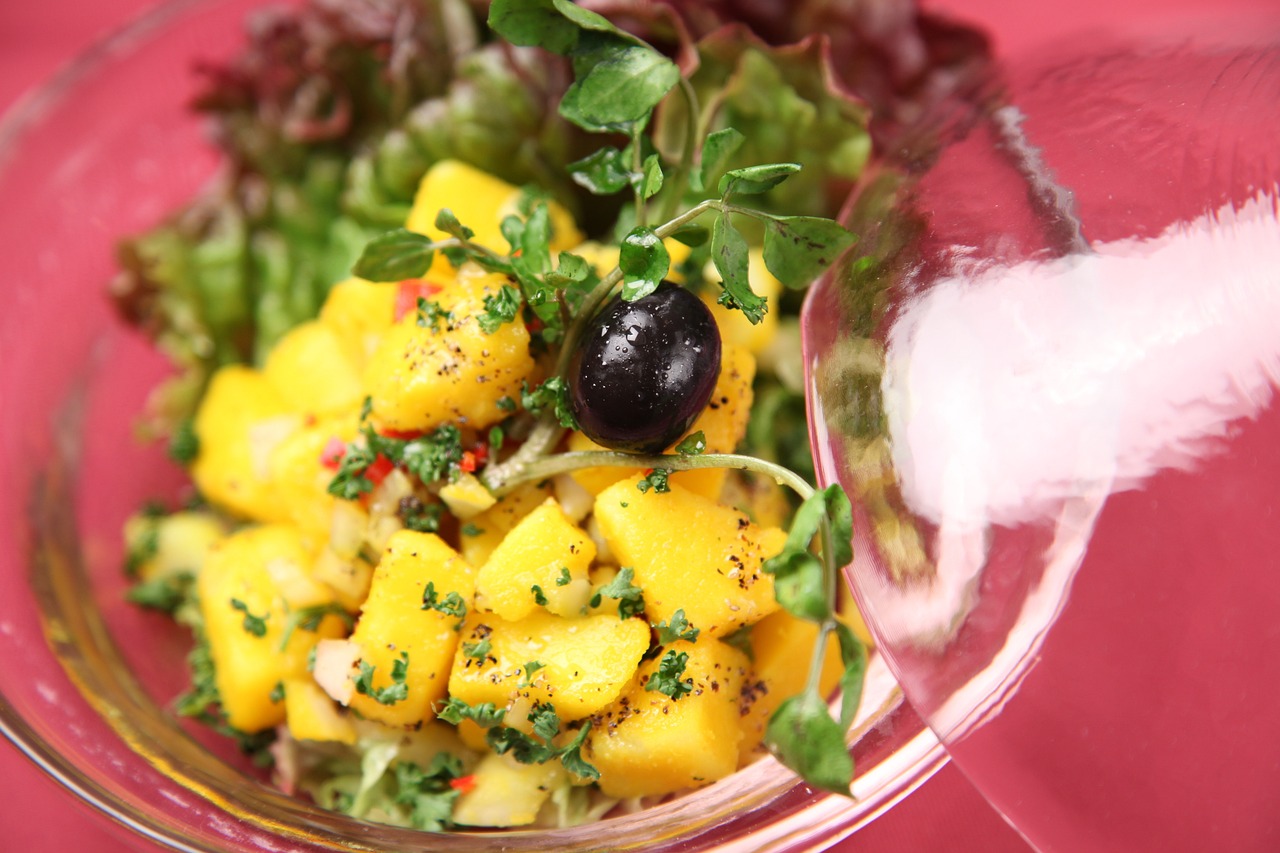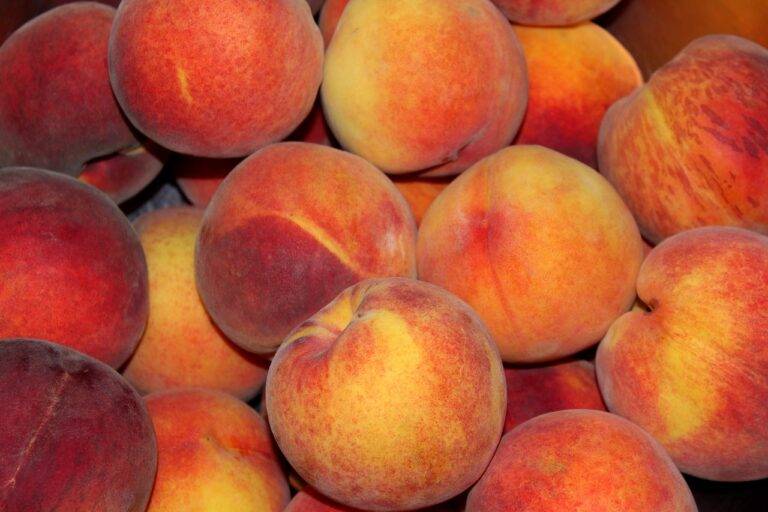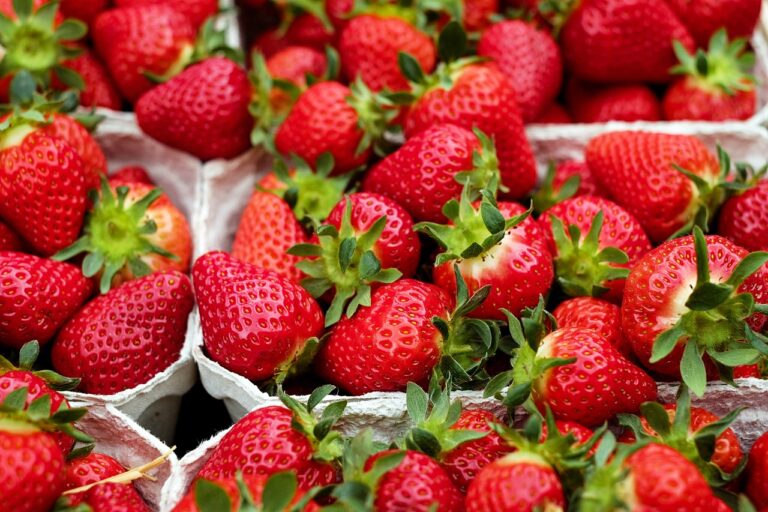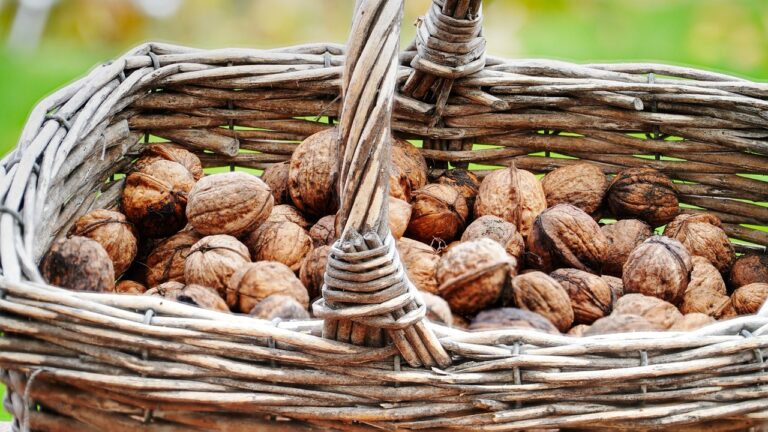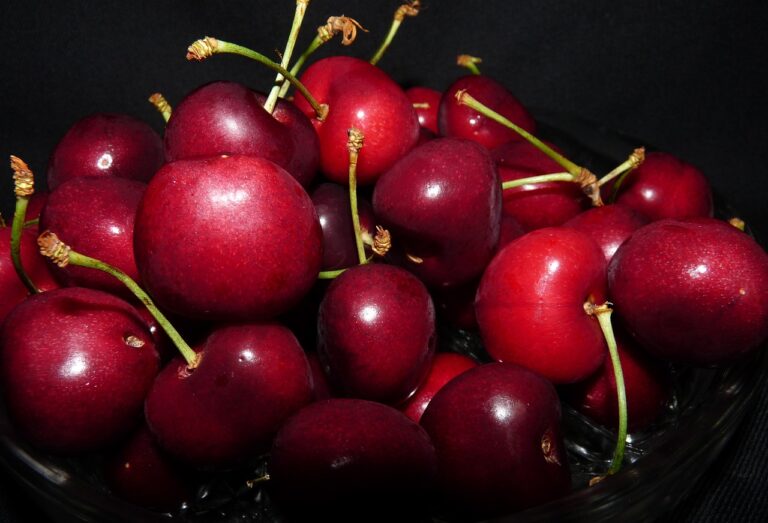Flour Milling and Food Redistribution: Community Programs
11xplay reddy login, gold365 registration, skyfair: Flour milling and food redistribution are essential components of community programs that aim to reduce food waste and provide nutritious options to those in need. These initiatives play a crucial role in creating a more sustainable and equitable food system. In this article, we will explore the impact of flour milling and food redistribution on communities, as well as the benefits and challenges associated with these programs.
Introduction
Flour milling is the process of grinding grain into flour, which is used in a variety of food products such as bread, pasta, and baked goods. Food redistribution involves collecting surplus food from manufacturers, retailers, and farms, and distributing it to community organizations, food banks, and individuals in need. By combining these two processes, community programs can create a more efficient and effective way to address food insecurity and food waste.
The Impact of Flour Milling and Food Redistribution
Flour milling and food redistribution programs have a significant impact on communities. By providing access to affordable and nutritious flour and surplus food, these initiatives help alleviate hunger and improve food security for individuals and families. Additionally, these programs can reduce food waste by diverting surplus food from landfills and redirecting it to those in need.
Benefits of Flour Milling and Food Redistribution
There are several benefits associated with flour milling and food redistribution programs. Some of the key advantages include:
– Increased access to nutritious food for individuals and families facing food insecurity
– Reduction of food waste by repurposing surplus food that would otherwise be thrown away
– Support for local farmers and food producers by creating new markets for their products
– Promotion of community engagement and collaboration through volunteers and partnerships with local organizations
Challenges of Flour Milling and Food Redistribution
While flour milling and food redistribution programs offer many benefits, there are also challenges that need to be addressed. Some of the key challenges include:
– Transportation and logistics issues in collecting and distributing surplus food
– Food safety concerns related to storing and handling surplus food items
– Funding and resource constraints for scaling up and sustaining food redistribution programs
– Limited awareness and participation from community members in need of food assistance
How to Get Involved
There are several ways individuals and organizations can get involved in flour milling and food redistribution programs. Some ways to support these initiatives include:
– Volunteering your time to help collect, pack, and distribute surplus food items
– Donating funds or food items to support food redistribution efforts
– Advocating for policies and programs that promote food security and reduce food waste
– Partnering with local organizations and businesses to establish new flour milling and food redistribution programs
By getting involved in these programs, you can make a positive impact on your community and help create a more sustainable and equitable food system.
FAQs
Q: What types of food items are typically included in food redistribution programs?
A: Food redistribution programs can include a wide range of items such as fruits, vegetables, dairy products, grains, proteins, and shelf-stable goods.
Q: How can I find a flour milling or food redistribution program in my area?
A: You can search online for local food banks, community organizations, or food rescue groups that may be involved in flour milling and food redistribution efforts.
Q: Can individuals donate food items directly to food redistribution programs?
A: Yes, many food redistribution programs accept donations of non-perishable food items, as well as fresh produce and baked goods.
Q: Are there any safety concerns associated with consuming surplus food items from food redistribution programs?
A: Food redistribution programs adhere to strict food safety guidelines to ensure that surplus food items are safe for consumption.
In conclusion, flour milling and food redistribution programs play a crucial role in creating a more sustainable and equitable food system. By supporting these initiatives, individuals and organizations can help alleviate hunger, reduce food waste, and promote community well-being. Get involved today and make a positive impact in your community!

